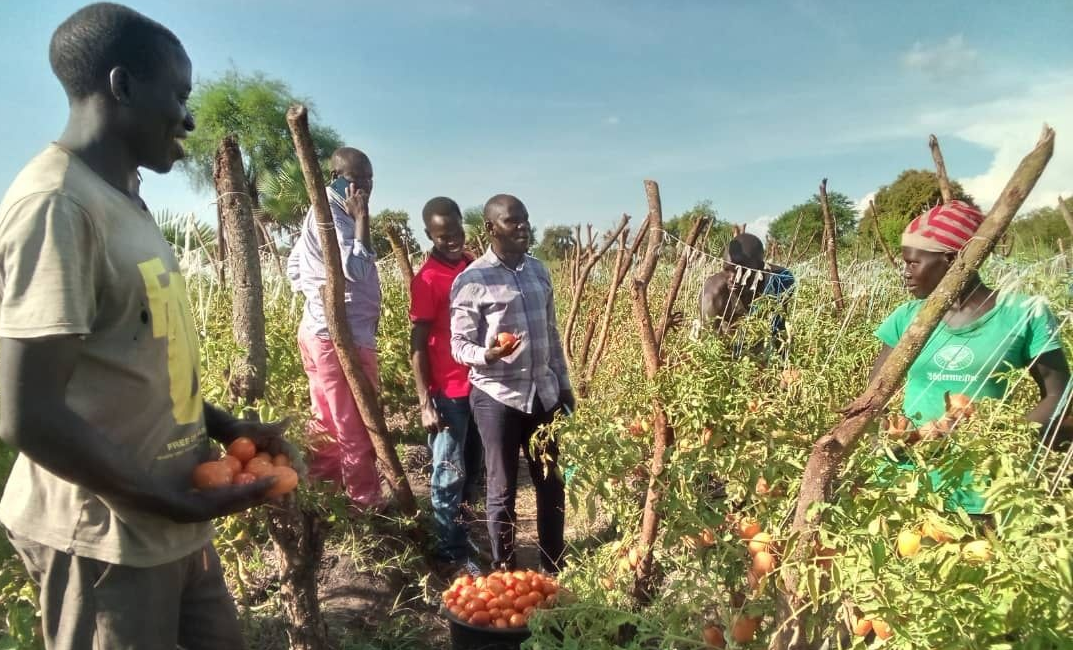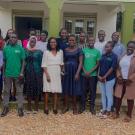
Horticulture is a major industry in Uganda, generating food security, income, and employment opportunities for its population. Horticultural producers suffer from high postharvest losses, which are a result of poor inputs, harvesting techniques, inadequate storage facilities, and lack of market access.
This project, led by Robert Kajobe of Muni University, in partnership with Omia Agribusiness Development Group and the Arua District Local Council nutrition unit, will work in the West Nile region of Uganda to develop preharvest, postharvest, and market access linkage interventions targeting small-scale producers.
Researchers will address preharvest vegetable loss through an evaluation of social networks, plant nutrient balance, the efficacy of different soil water conservation methods, maturity indicators, and affordable pest and disease control methods. Postharvest vegetable loss will be addressed through an evaluation of postharvest technologies, affordable postharvest pest and disease control methods, appropriate transportation options, existing local innovations for increasing shelf life of vegetables, and the efficacy of cold storage technologies, such as the Coolbot®™ in the West Nile region. Market access strategies will be evaluated via profiling local value-addition technologies for vegetables, understanding local market strategies for vegetables, and forming and/or strengthening vegetable farmer marketing groups for collective bargaining. Each of the three methodologies will be implemented following the Embedded Research Translation (ERT) approach, a co-design process that brings together researchers, farmers, and other stakeholders to ensure solutions are developed, owned and accepted by the participants.
The project is expected to improve the livelihoods of small-scale producers by increasing income, household nutrition, and household income status. The successful implementation of this project also has the potential to go beyond target participants, and contribute to the broader goals of poverty reduction and efficient agricultural development in Uganda.


